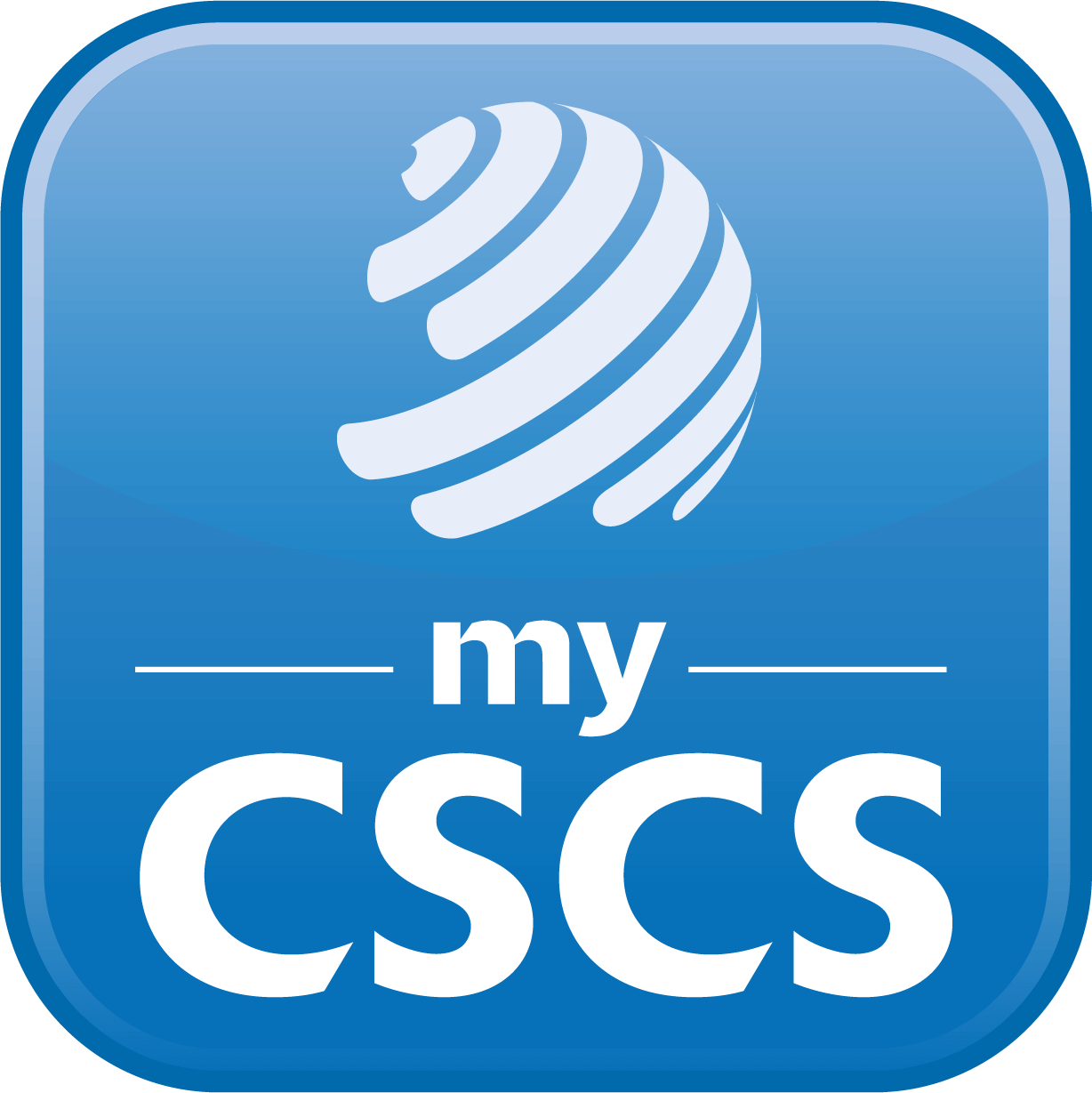Survey reveals 81% of construction workers recognise importance of reporting qualification fraud for site safety, but 78% unclear on how to report it
Construction sector workers feel confident in spotting the signs of qualification fraud, but do not know how to report it, a survey conducted by construction sector partners reveals.
While respondents to the survey overwhelmingly agreed that reporting suspected qualification fraud is important and helps protect safety on site, they acknowledged gaps in understanding about the reporting process itself.
Ofqual, the regulator of qualifications, exams and assessments in England, carried out the survey in partnership with the Construction Industry Training Board (CITB) and the Construction Skills Certification Scheme (CSCS) and received 473 responses from across the construction sector.
Qualification fraud can be committed in several ways including:
- creating, buying or using fake certificates for regulated qualifications
- delivering ‘fast track’ training which leaves out important and necessary content
- helping learners cheat in tests by giving answers or taking a test on their behalf
Fraudulent qualifications can then be used to obtain CSCS cards, allowing workers to access construction sites without the requisite skills. While this fraud can be spotted during training sessions, it can also be called out by workers on site who can see the difference between a worker’s real-life skills and the qualifications they claim to have.
The findings are being released during International Fraud Awareness Week.
Key findings
- The majority of respondents (78%) do not know the process for reporting suspected qualification fraud, with 45% saying they had some idea but not sure of the exact process and 33% saying they do not know how to report it at all.
- 81% strongly agreed that it was important to report suspected qualification fraud and 85% said they felt comfortable or very comfortable to raise concerns about fraud in their workplace.
- Respondents indicated that greater clarity around confidentiality would be a major driver in improving reporting rates.
- Managers and responsible hiring managers have a vital role to play, as these were the routes most commonly selected by respondents when asked who they would report suspected fraud to.
- Responses came predominantly from site operatives (34%), site managers (27%) and senior managers (26%), with 39% working for large employers with over 250 employees.
The partners are using International Fraud Awareness week to remind construction employers and workers of three simple steps when concerns arise:
- Use CSCS Smart Check via API, app or website to verify a card’s validity.
- Trust professional judgement: if someone’s real-life skills don’t match their qualifications – even if the card is valid – then report suspected qualification fraud.
- Report concerns confidentially to intel@cscs.co.uk or via Ofqual’s complaints procedure.
Anonymous reporting is available for those concerned about workplace relationships, and reports are investigated based on evidence, not on who made the report.
Emma Scott, Director of Vocational and Technical Qualifications Delivery at Ofqual, said:
“Construction workers recognise the importance of reporting suspected qualification fraud – which is committed by a small minority of people – but the evidence shows we need to make reporting channels clearer and emphasise that reports can be made confidentially.
“Tackling qualification fraud requires organisations working together with the eyes and ears of those on sites. If someone’s real-life skills don’t match those on their card, they may have obtained it through qualification fraud – and reporting this helps protect everyone.”
Sean Kearns, the Group Chief Executive of the Construction Skills Certification Scheme (CSCS) added:
“These findings reinforce the need to communicate how simple it is to check CSCS card validity and report concerns. We’ve made tools like the CSCS Smart Check API, app and website available for exactly this reason – to enable all CSCS Alliance cards to be checked and validated through a single ‘border control’ process. If you suspect a CSCS card is fraudulent, check it using Smart Check and report it via the app or intel@cscs.co.uk. When we all play our part, we protect the safety and reputation of the entire industry.”
Tim Balcon, Chief Executive, Construction Industry Training Board (CITB), commented:
“Genuine qualifications are fundamental to safety and standards across construction. This survey shows workers understand why reporting matters, but we need to simplify the process and build confidence. At CITB, we’re committed to supporting the industry in tackling qualification fraud and protecting everyone on site.”
Ofqual, the national qualifications regulator in England, has been working with groups in different business sectors to improve information and intelligence sharing around qualification fraud.


 My account
My account 








